
It’s Not Just a Mountain
“There it is guys!” I turned and looked out the window to see it. It was even more breathtaking than I had imagined. I had visited many mountains during my family’s yearly trips to national parks,...
Read More 2 min read

An Escape From The Concrete Jungle
They say that riding a bike is something that you remember how to do your whole life, and once you learn, you’ll never forget. This felt quite untrue as I pedaled my bike through the lush forests of...
Read More 2 min read

Yellow Mountain: From a Picture to Real Life
The first time I heard about Yellow Mountain (“Huangshan”) was when my dad showed me an old black-and-white photo in which he, a then-7-year-old boy, stood in front of a gray mountain and grinned widely....
Read More 2 min read

Returning Home
It had only been a few hours since I’d lugged my overstuffed suitcase off the plane, through customs, and out the double doors of the airport. But now, far from the newly remodeled, sleek corridors of...
Read More 2 min read

Dying to Go Home
It was July 11, 2018 when I stepped into the small hair salon with my new friends and tour guide. As I relaxed into the black leather chair and stared at myself in the mirror,...
Read More 2 min read

New York City’s Charm
People rushed around me hurriedly in all directions. Everyone seemed to have something vastly important to do. A smartly dressed woman, briefcase in hand and phone pressed to her ear, marched firmly, unbothered...
Read More 2 min read
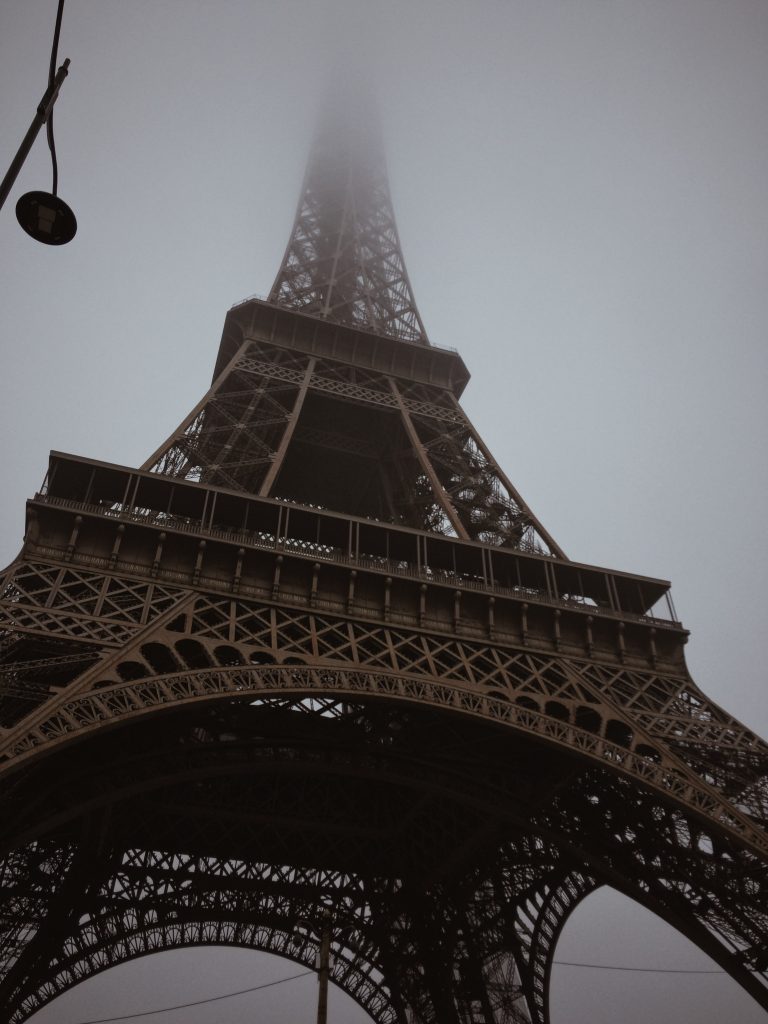
First Time Going International…try seven countries.
I come from two undocumented parents from Mexico who are not able to travel internationally because of their migratory status. This status kept my family from exploring the massively diverse cultures of...
Read More 3 min read
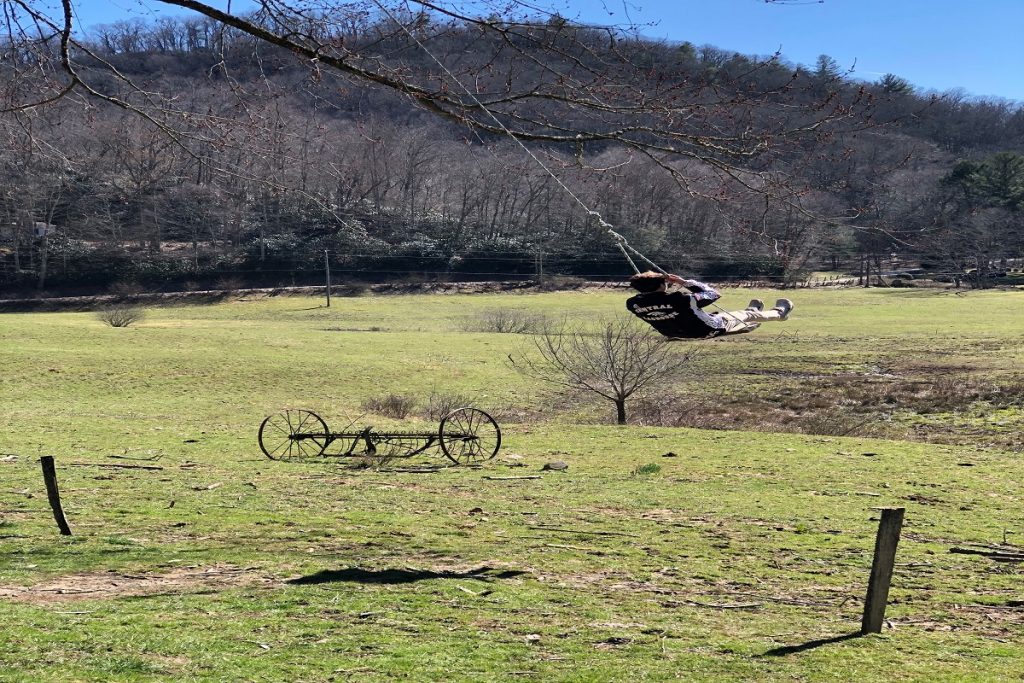
Reconnecting with Isolation; An Appalachian Expedition
Spring break isn’t often thought of as a time of spiritual exploration, and rarely yields a ‘break’ from the hustle and bustle of the commercialized world we live in. Because of this preconceived...
Read More 2 min read

A Special Night in the Dominican Republic
The pink and orange hues melted together into the sky overlooking the verdant hills as the sun finally descended to end its glorious day. On the other side of the barbed wire, cows settled into the vastness...
Read More 2 min read

The Sinister Site of Sachsenhausen
As I walked through the old iron gate, a chill ran down my spine. This was a doorway to hell. A sign on the gate displayed an old Nazi Slogan: Arbiet Macht Frei- Work Sets You Free. My family visited...
Read More 2 min read

“Fourth” World Travels; Bringing Hope to Haiti
As I stepped off the plane, I could immediately feel the dryness in the air. Haiti had not experienced a decent rain in seven months before our travel there in April 2019. The airport was tiny, but we...
Read More 2 min read
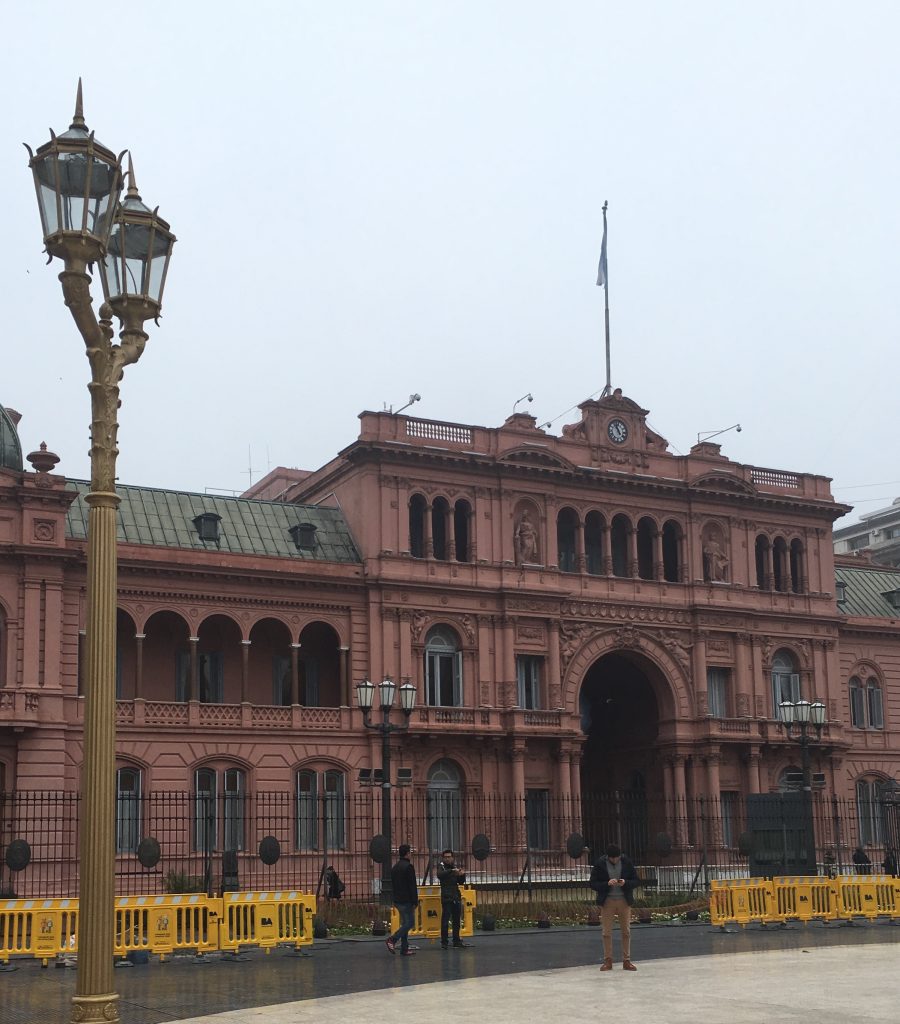
Get Lost
As a high school sophomore, I was confident I could take over the world. My goal was always to achieve fluency in Spanish, and traveling to a Spanish-speaking country would be the ultimate way to test...
Read More 2 min read
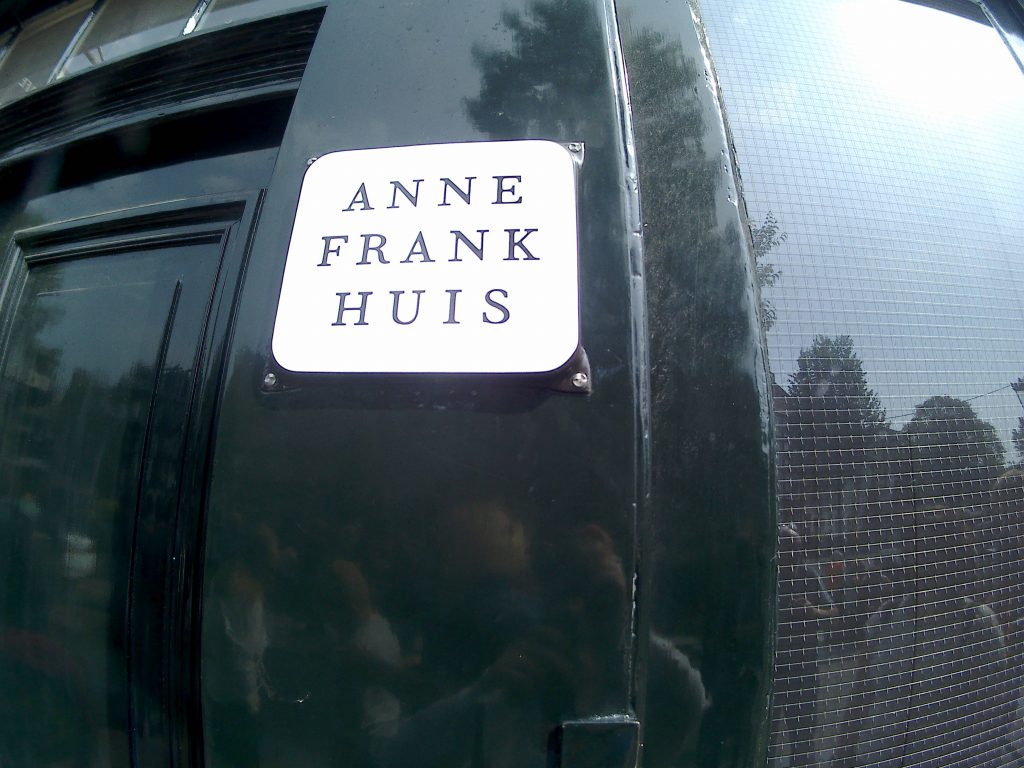
Humbling History Lesson-A Visit to Anne Frank’s House
Last summer I had the privilege of travelling to Germany and the Netherlands with my family to visit relatives for a few weeks. We had several fun filled days planned such as visiting the Neuschwanstein...
Read More 2 min read

Connected by Coloring
I felt ashamed for feeling uncomfortable when I was around those in poverty. It took courage to venture out of my familiar bubble of suburban Arvada, Colorado into the low-income areas of Houston, Texas....
Read More 3 min read
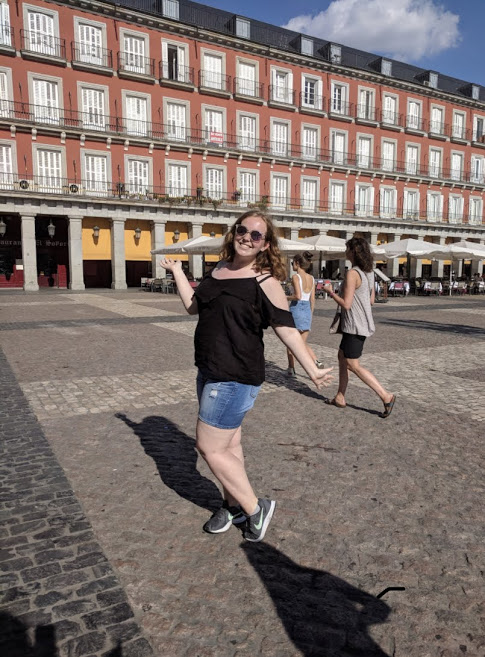
Student of the World
During the summer before my junior year of high school, I traveled to Spain with the world language department at my school. I did well in my Spanish class and could speak enough Spanish to order food,...
Read More 2 min read

Grand Canyon Rim2Rim: A Test of Fortitude
My eyes traced the trail ahead of me until it was reduced to the size of a thread as my dad and I approached the South Rim trailhead. We woke up early, ambitious and ready to embark on our hike. Both of...
Read More 2 min read

The Tales of a Commuter
I had come to Chicago from Atlanta for a summer internship for high school students at Loyola University. Yet, I had not once ventured out of the four walls of my dorm to experience the bustling city life....
Read More 2 min read

Angel Island’s Mysteries
Angel Island was lush, green and beautiful. A typical vacation spot, obscured by forests which resembled the Amazon Jungle. The Golden Gate Bridge overlooked the tiny speck of paradise. However, it had...
Read More 2 min read

As White as Snow
I couldn’t believe my eyes. Pure white sand, going on for miles and miles. As we drove down the winding road, my family and I admired the mounds of sand. We watched the sun’s rays reflect off the shining...
Read More 3 min read
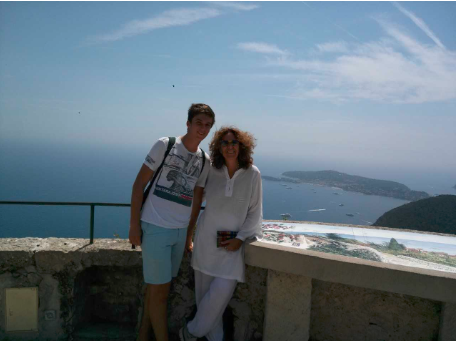
My Mom and I
This is a picture of my mother and I, standing atop the famed botanical garden in Eze, France. It was the summer after my sophomore year, and my mom and I were travelling through southwest Europe after...
Read More 3 min read

Welcome to the Rock
“We drove 2,400 miles, 35 painstaking hours in the car to see a jail, much less one that’s abandoned?” I rest my arms on the boat railing and glanced over at my exhausted family. After a long journey...
Read More 2 min read

Her name was Xochitl
Christmas had arrived. Through the colored picturesque streets of San Miguel de Allende I walked, taking in the smell of warm churros and the fruity scent of ponche. Christmas lights hung above the streets...
Read More 2 min read

The Discovery of a New Language in Haiti
As the sweat dripped from my forehead I couldn’t help but wonder - was it from the intense heat, or was it from the butterflies currently inhabiting my stomach? I had just landed in Cap Haitian, Haiti,...
Read More 2 min read

Finding Home
After an eighteen-hour flight from Los Angeles, I finally arrived in New Delhi. It had been five years since I last visited and I don’t remember much from my past experiences, but I do remember my unwillingness...
Read More 3 min read

Making Memories in the Mediterranean
My family and I eagerly dipped our toes into the golden sand of Costa Brava and admired the crystal clear Mediterranean Sea after over an hour of scenic driving through the suburbs in Spain. The crisp...
Read More 2 min read

Vancouver! On a Budget!
"Little one! Little one! Would you like a fresh baked cookie Little one?" My 4 foot 6, 11-year-old sister (who HATES being called short) whipped her head around in anger only to see a friendly, elderly...
Read More 2 min read

Bitter Teas, Sweet Views
In June, the Tea Club from my school took a week-long trip to Japan. Japan has an incredibly rich culture revolving around the growth, presence, and consumption of tea, so we thought it would be an amazing...
Read More 2 min read

Land of the Royal Bengal Tiger
“Who are you?” The question that appeared on my last summer English assignment kept lingering on in my head as I flew back to my home country, Bangladesh, for the first time since I came to America....
Read More 2 min read

To Hell and Back
This was the summer of our epic father/son journey out West. My dad and I set out on a six-week adventure full of camping, hiking, mountain biking, rafting and fly fishing. We mountain biked the Deadman’s...
Read More 2 min read

India: A Tale of Two Worlds
As the plane descended, I peered out my window toward Chennai and witnessed a stark contrast. Surrounding gleaming skyscrapers and glimmering hotels were slums that stretched out from the city center....
Read More 2 min read

Discovering My Irish Family Heritage
My heart raced as the van slid around yet another tight corner, narrowly missing the oncoming traffic by inches and sending me sliding into my fellow passengers. Was I in a car chase? An action movie?...
Read More 2 min read

A Sicilian Timetable
By the time my two aunts, grandmother, and I finally boarded our six-hour-late Volotea flight from Venice Marco Polo Airport to Palermo, Sicily, it was way past dinnertime. I had long since stuffed my...
Read More 2 min read

Ponds, Pagodas, and Prayer at NanPuTuo Temple
A warm blanket of heat enveloped me as I clambered out of the group van. I had prepared for a fun school-organized trip to China, but hadn’t prepared for these conditions. Sure, I had faced high temperatures...
Read More 3 min read
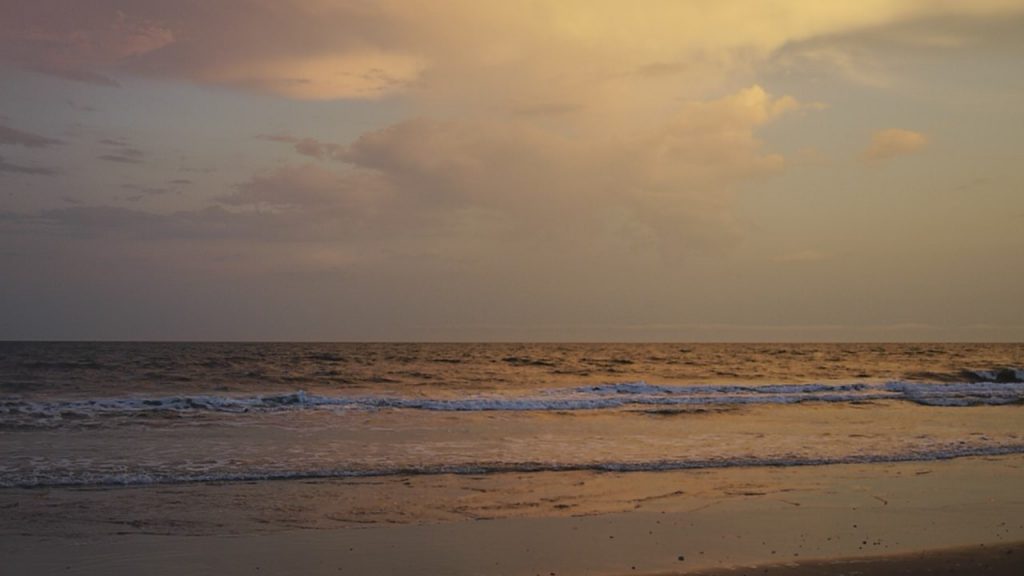
Into the Great Wide Ocean
My family seems to have an aversion to flying unless absolutely necessary, so we drive everywhere. Fifteen hours to Texas to visit friends. Ten hours to Kansas to visit grandparents. And most importantly...
Read More 2 min read
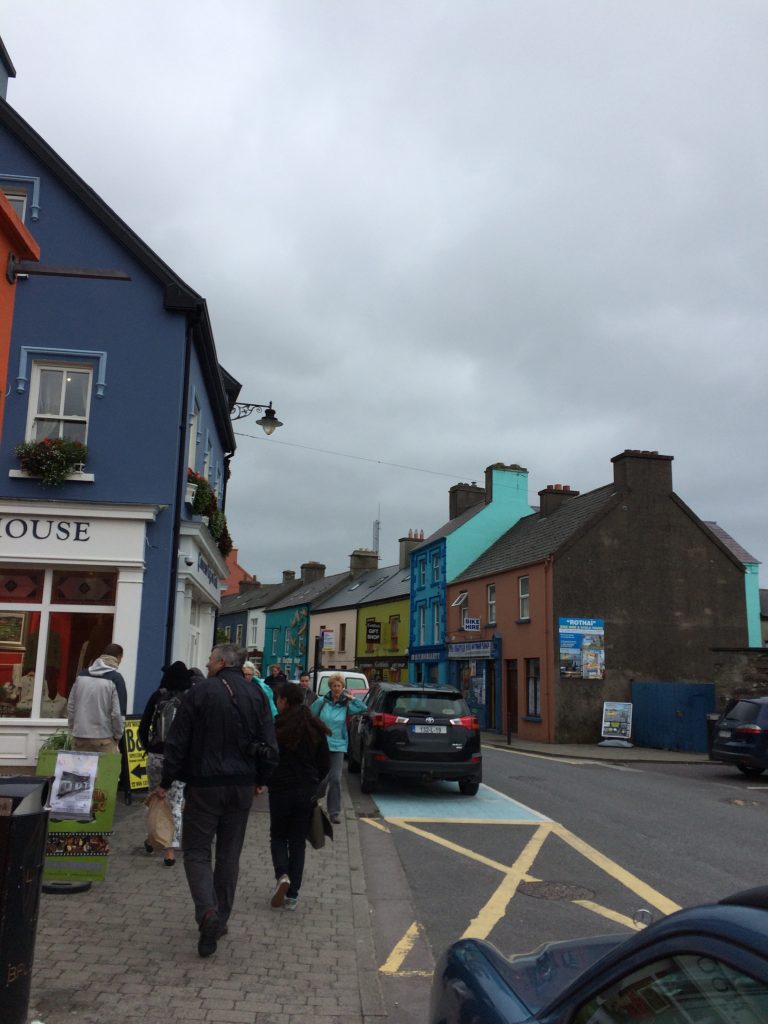
Ice Cream, Donkeys, and Dingle
It was July 7, 2015 and we were four days into our family vacation to Ireland. I was standing on a grassy hilltop, overlooking this gorgeous, shallow, green valley. Small clovers and blades of grass twitched...
Read More 3 min read

Something Bigger
We handed the key to Ms. Lyza, and she was elated with gratitude. Her broad smile is one that will stick with me for my entire life. During April vacation last year, I went on a school service trip to...
Read More 3 min read

Lady Liberty: Larger than Life
Forty-five kids, two chaperones, one bus; all headed to the world renowned monument known as the Statue of Liberty. This already sounds like a recipe for disaster, considering the usual, troublesome antics...
Read More 2 min read

Polebridge, Montana, You’re My Huckleberry
When I think of summer, I think of road trips. I think of cramped back seats, novels read in one sitting, and my Dad buying mentos at every gas station. I think of our scratched Proclaimers CD, milkshake...
Read More 3 min read

Temperature and Elevation: An Inverse Relationship
When I was thirteen, my father bought my family matching t-shirts that said, “My Dad is type-two fun.” This referred to my father’s tendency to take us on stressful, mostly outdoor, adventures that...
Read More 2 min read

In the footsteps of the fallen.
June 7, 2017 the French coast is quiet. Waves lap the sands in the low tide, seagulls fly through the air, ships, of all sorts sail into the English channel. The beaches are quiet, and undisturbed, save...
Read More 2 min read

Puerto Rico: A Rich and Vibrant Hub
In 2017, Hurricane Irma and Maria churned and strengthened along their catastrophic paths across the Carribean, showing no mercy as they tore apart communities, homes, and families-- including those in...
Read More 3 min read

The Most Amazing And Slightly Terrifying Travel Experiance I’ve Yet Encountered
I've been to many places but it's this one that resonates in my mind when asked about the trips I've experienced: Two years ago, six members of my family including myself piled into our 2006 Denali for...
Read More 3 min read

Turkish Muse
It is mid-June and I am sunburnt from head-to-toe by the scorching desert sun, but as I roam the crowded streets of Istanbul, the Turkish breeze revives me. As the Blue Mosque commences the call to prayer,...
Read More 2 min read

The Traveler vs The Tourist
“Do you know the difference between a tourist and a traveler?” That was the first question my tour guide, Don Marlon, inquired of our group on the first day (Don means “sir” or “Mr” in Costa...
Read More 2 min read

Found in Bulgaria
Last year, I decided to diverge from my usual visits to my motherland - Bulgaria. Instead of sitting on the beautiful beaches of the Black Sea, or meandering down the clustered alleyways of Sozopol, I...
Read More 2 min read

The Gas Station Glance
My watch made another insufferable beep. I counted in my head: three. Three hours of sedentary riding on an itchy seat that had turned travel into a game of scratching and ever-shifting posture. I longed...
Read More 2 min read

My Second Home: Japan
It didn’t take long to realize the Japanese values-- kindness, gratitude, harmony. The significance of unity and relationships was evident in everything I witnessed. There was a constant undertone of...
Read More 3 min read

The Magic of Botswana
Botswana, Africa: a place so far away yet now so close to my heart. This country’s name alone conjures up an image of exotic intrigue. From the moment of arrival, the beautiful smiles of people welcomed...
Read More 2 min read

Art and Travel
As an aspiring artist, one of my favorite things to draw are environments. There's something freeing about being able to create settings from your imagination, or adding an unfamiliar twist to an ordinary...
Read More 2 min read
